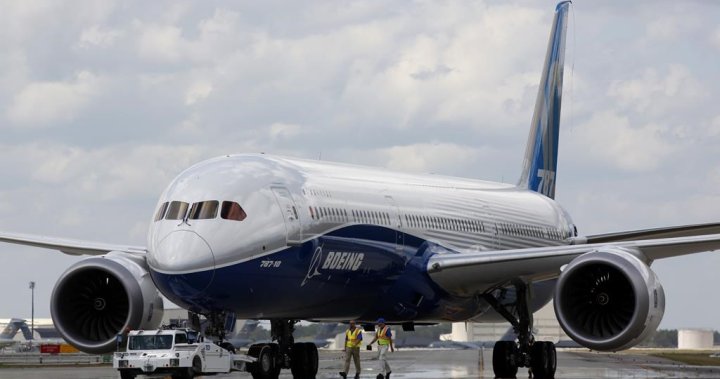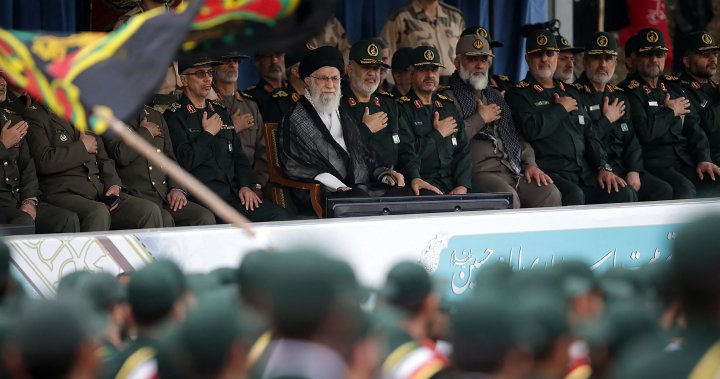The clock is ticking for Boeing as the U.S. Justice Department has until July 7 to decide whether to prosecute the planemaker after prosecutors alleged the company violated a deferred prosecution agreement related to two fatal crashes, with lawyers recommending criminal charges.
Officials alleged in May that the 2021 agreement, which shielded Boeing from a criminal charge of conspiracy to commit fraud arising from the 2018 and 2019 fatal crashes involving the 737 MAX jet, had been breached.
Arnold & Porter law firm partner Deborah Curtis told Global News the recommendations of charges will add to the impact Boeing has been dealing with in the past months.
“This is not something that’s going away easily for Boeing at all,” she said in an interview. “It could have huge second and third order effects for Boeing and for countries all over the world.”
Criminal charges would be just the latest crisis for the company, which has seen multiple incidents involving its planes in recent months, including when a panel blew off one of its jets mid-flight in early January.
The exact criminal charges recommended by U.S. prosecutors have not been reported, though Reuters has stated they could extend beyond the original fraud charge from 2021.

Curtis said there are a number of things that could be on the table, ranging from an extension of the deferred prosecution agreement to charges being laid which could have varying effects.
Breaking news from Canada and around the world
sent to your email, as it happens.
Boeing could be ordered to pay additional fines, on top of the US$2.5 billion it paid to settle the investigation back in 2021, face further penalties or new charges.
With revenue coming from U.S. government contracts, any potential charges or felony conviction could jeopardize that. Curtis noted it could also impact contracts in Canada as well.
Global News reached out to Transport Canada for comment on the potential charges faced by Boeing, but did not hear back by publication.
Curtis added regardless of what the Justice Department does, it will be careful in how it proceeds.
“They may look to structure a guilty plea or some other penalty to do the least damage they can to civil and military operations,” she said.
Vincent Correia, co-director of the Institute of Air and Space Law at McGill University, told Global News that when federal prosecutors lay charges in high-profile cases it can be part of a wider goal.
“It’s part of a more general trend, ultimately, to use criminal investigations in order to basically find the truth,” he said.
In terms of Boeing, it’s difficult to say whether charges will be filed. But the public perception around the recommendation of them adds to Boeing’s challenges.
“The airline sector, the business, they still trust Boeing,” he said. “Then it will be an issue about the trust of the public to board those aircraft.”
Regardless, McGill University aviation management professor John Gradek told Global News that Boeing is going to stick around as it makes up about half of the commercial aviation industry’s market share, but it will have work to do.
“It’s going to be really a question of trust, rebuilding the trust that Boeing has to build with its traveling public, with its purchasers,” Gradek said.
“There’s a lot of work that has to be done by Boeing to kind of get back into everybody’s good books. And it’s going to take years, in my opinion, to get there.”
—with files from Reuters
© 2024 Global News, a division of Corus Entertainment Inc.





